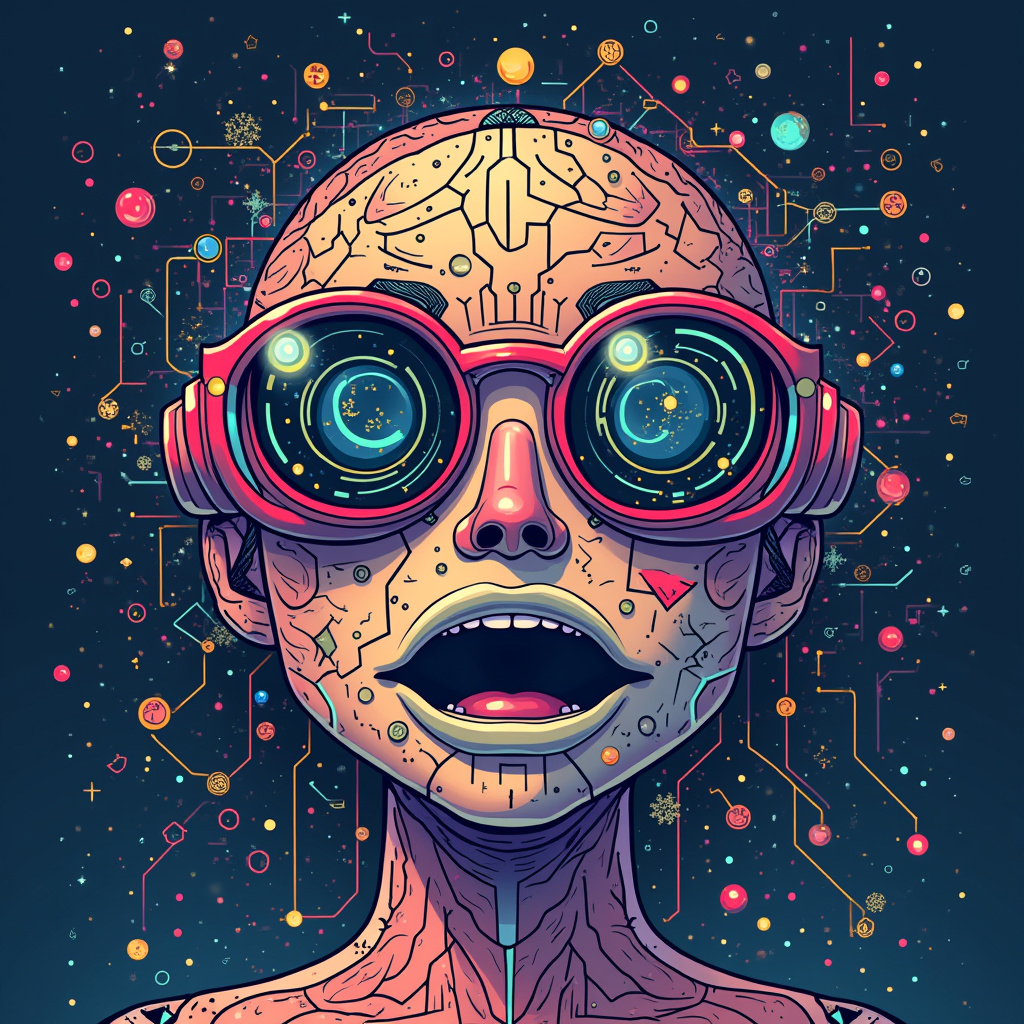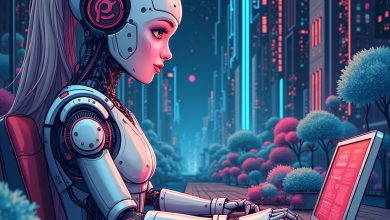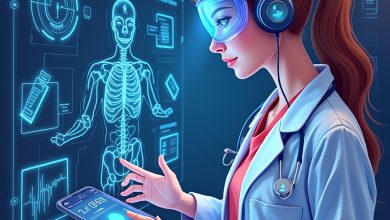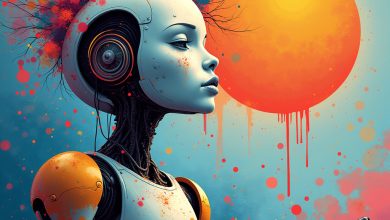The Future of Artificial Intelligence: What’s Next

Introduction
Artificial Intelligence (AI) has rapidly become a significant part of our daily lives, influencing various sectors such as healthcare, finance, and even entertainment. As we stand on the brink of a new era in technology, it’s essential to explore what the future holds for AI. In this article, we’ll discuss upcoming trends, challenges, and the potential impact of AI on society.
Emerging Trends in AI
As technology evolves, several exciting trends in AI are beginning to take shape:
- Machine Learning Advancements: Machine learning, a subset of AI, is continually improving. The development of more sophisticated algorithms allows machines to learn from data more efficiently, making predictions and decisions without human intervention.
- Natural Language Processing (NLP): NLP technologies are becoming increasingly sophisticated, enabling machines to understand and respond to human language more intuitively. This will lead to more advanced virtual assistants and chatbots.
- AI in Healthcare: AI is poised to revolutionize healthcare by improving diagnostics, personalizing treatment plans, and even predicting outbreaks of diseases through data analysis.
- AI Ethics and Governance: As AI becomes more prevalent, discussions around ethics and governance are gaining importance. Ensuring that AI systems are fair, transparent, and accountable will be crucial.
The Role of AI in Daily Life
In the near future, AI is expected to seamlessly integrate into our daily lives. Here are some areas where we can anticipate significant changes:
- Smart Homes: Imagine a home where your appliances know your preferences, adjusting temperatures and lighting based on your mood, and even preparing your meals according to your dietary needs.
- Personalized Learning: Education systems are likely to adopt AI to create customized learning experiences for students, catering to individual learning styles and paces.
- Transportation: Self-driving cars and AI-powered traffic systems may become commonplace, potentially reducing accidents and improving traffic flow.
Challenges Ahead
Despite the excitement surrounding AI, several challenges must be addressed to ensure its responsible development:
- Job Displacement: Automation and AI could potentially lead to job losses in various sectors. It’s crucial to find ways to retrain workers and create new job opportunities.
- Data Privacy: With AI systems relying heavily on data, concerns about privacy and data security will need to be prioritized to maintain public trust.
- Bias in AI: If AI systems are trained on biased data, they can perpetuate and even amplify these biases. Developing fair and unbiased AI systems is a significant challenge.
The Impact of AI on Society
The societal implications of AI are profound. Here’s how AI could reshape our world:
- Enhanced Decision-Making: AI can analyze vast amounts of data quickly, providing insights that help individuals and organizations make more informed decisions.
- Improved Accessibility: AI technologies can enhance accessibility for individuals with disabilities, creating tools that cater to their unique needs.
- Global Collaboration: AI can facilitate global collaboration by breaking down language barriers and improving communication, leading to more effective solutions for global challenges.
Conclusion
The future of Artificial Intelligence is filled with possibilities and challenges. As we advance, it’s crucial to harness the power of AI responsibly, ensuring it benefits everyone. By addressing ethical concerns, embracing innovation, and fostering collaboration, we can look forward to a future where AI enhances our lives, making the world a better place.




